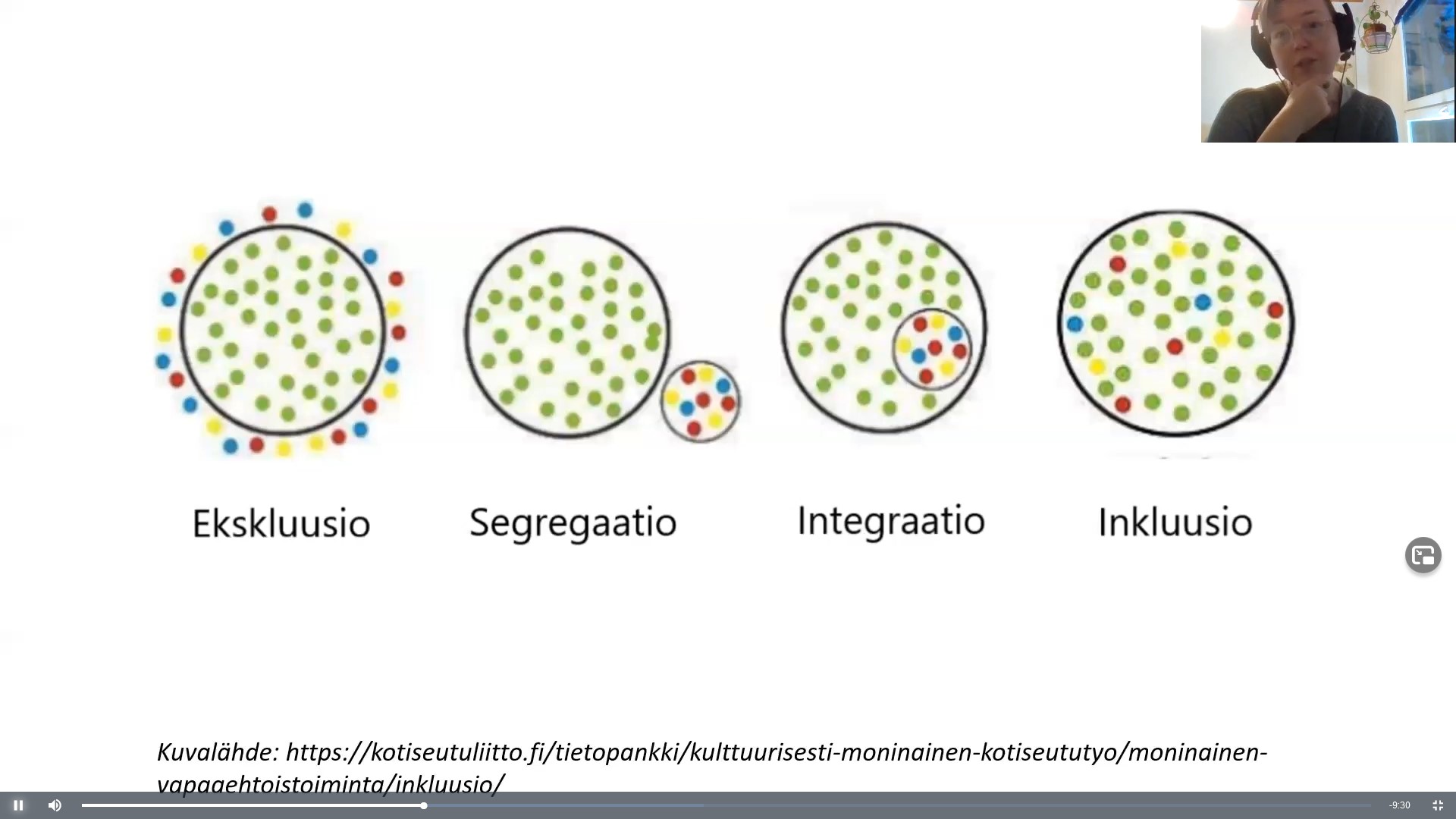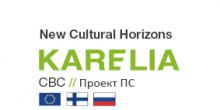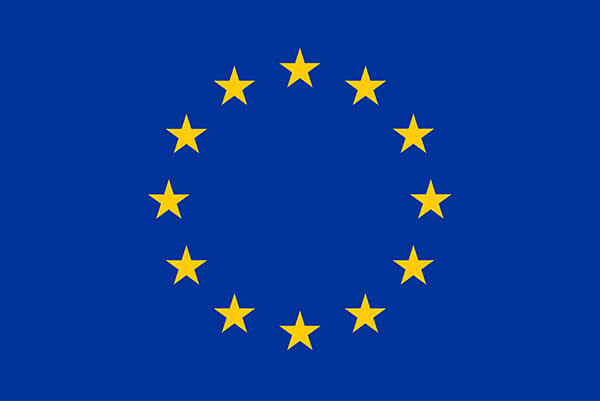How to implement practices of special education in art education and creative hobbies?

Already when the New Cultural Horizons project was only in the planning stage it was obvious that if we want to arrange art and culture hobbies for children with neuroatypicalities we need to add special education to the field of arts. In order to support this goal of the project University of Eastern Finland organized training for teachers of basic art education and non-formal art education. The aim of the training was to improve their skills and knowledge on neuroatypicalities of children.
21 teachers began the training in November 2020. The variety of backgrounds was wide - the teachers own fields were e.g. circus, visual arts, music, drama, dance and literary art. Due to the covid19-pandemic the training was organized completely as a web-based course. The training included synchronous and asynchronous lectures from specialists in the field of neuroatypicalities and special education and independent work. Almost all learning tasks were web-based conversations on topics in which the art and special education were combined.
Teachers who took part in the training had a lot of experience on art education and development of their teaching. Many of them had already put together practices to meet the needs of their students and the training offered them more tools for everyday work and further development. Essential part of the training was peer to peer learning and communication - sharing thoughts, experiences and emotions with each other. At the end of the training, each teacher tried some of the methods in their own hobby group. Results of these pilot tests were reported to other teachers in final webinar meeting in the beginning of March 2021, and everyone was asked to tell at least one good practice, that they would recommend to their colleagues.
During the course teachers learned new skills, but in addition to that, teachers’ discussions on the course platform, their presentations of practical experiments and experiences and their learning diaries constitute an important source for research of best practices, which will be compiled during the project.





